1 Crazy Thing You Don't Know About Dehydration
No one notices sweating when they're underwater so it's a huge surprise that you can suffer from severe dehydration while swimming, surfing, diving or doing other water sports if you're not careful.

Causes
Swimmers sweat profusely, especially when undergoing extreme training conditions indoors or in open water. The water, as well as the air, in indoor swimming pools are almost always heated. Combined with the humidity in the pool area, the warm water prevents regulation of body heat. In outdoor pools or in open water, though the humidity is lower, the inhaled air is usually dry and serves to cause dehydration.
Signs
Since it is difficult to notice sweating when underwater, you should watch for the symptoms and rehydrate as soon as possible. Increasing thirst is a major indicator of dehydration. Other symptoms are flushed skin, unexplained sudden fatigue, palpitations and increased breathing rate, increased body temperature, increased effort of exercise and decreased stamina. The signs of severe dehydration include muscle weakness, labored breathing and dizziness.

Prevention
Dehydration can be addressed at the initial stages and quickly reversed. Fluid replacement is the best way to treat dehydration. Swimmers should drink water between laps and after they have finished with their training. If they are performing high-intensity training, they should consume sports focused energy drinks like Oral I.V. or Gatorade (not Red Bull) instead of water to replace salts lost due to excessive sweating. If engaged in other water sports it's important to hydrate before and after but if taking breaks you should find something to drink.
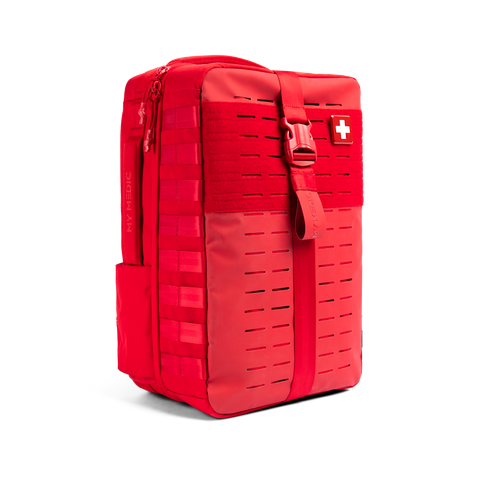 NEW ARRIVALS
NEW ARRIVALS
 BEST SELLERS
BEST SELLERS
 SUPERSKIN™
SUPERSKIN™
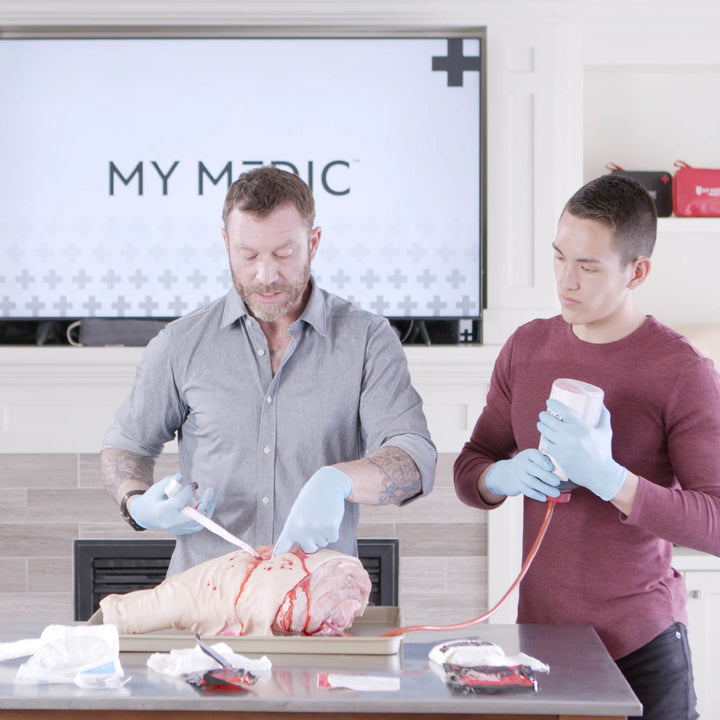 COURSES
COURSES
 GIFT CARDS
GIFT CARDS
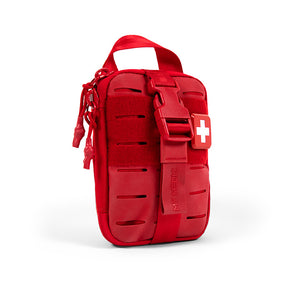 The MyFAK Collection
The MyFAK Collection
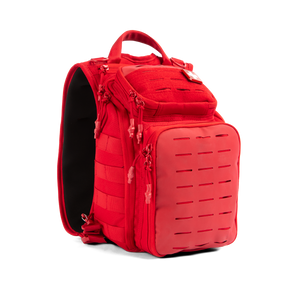 Specialty
Specialty
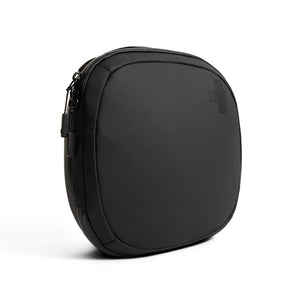 The Ready Collection
The Ready Collection
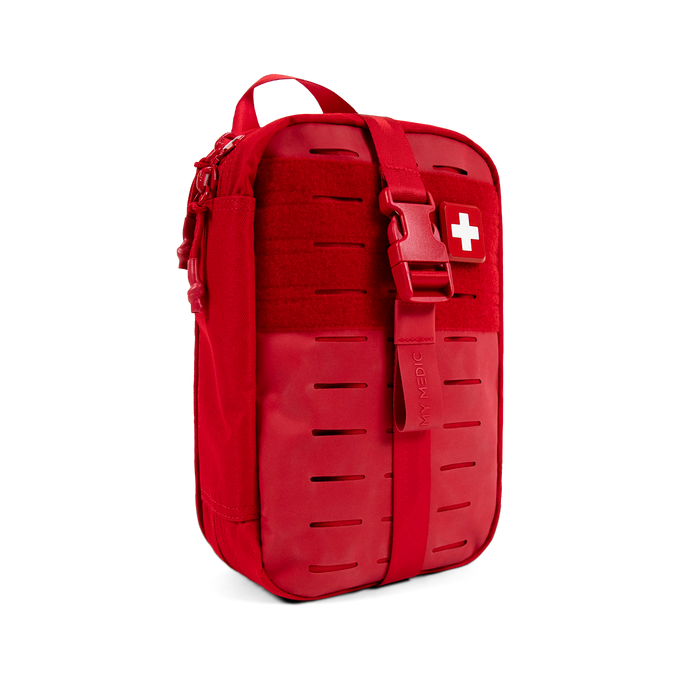
 BLEED
BLEED
 OUTDOOR
OUTDOOR
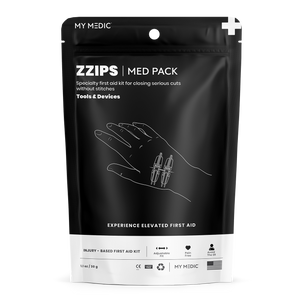 TOOLS & DEVICES
TOOLS & DEVICES
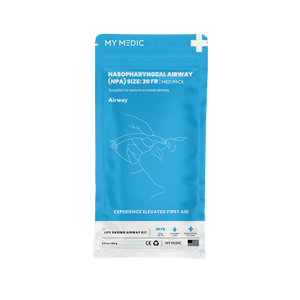 AIRWAY
AIRWAY
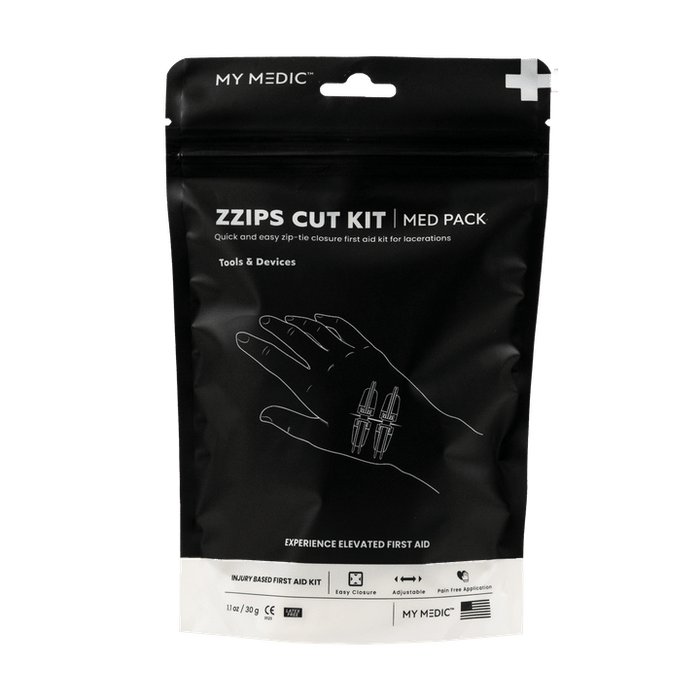
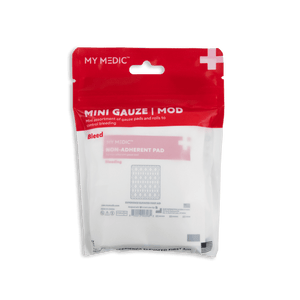 BLEED
BLEED
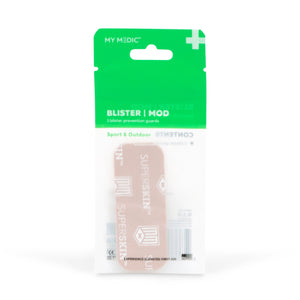 OUTDOOR
OUTDOOR
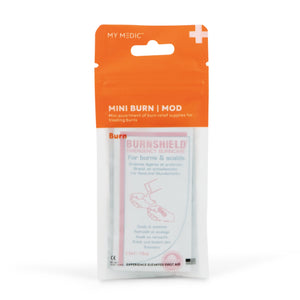 BURN
BURN
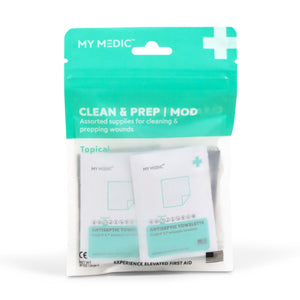 TOPICAL
TOPICAL
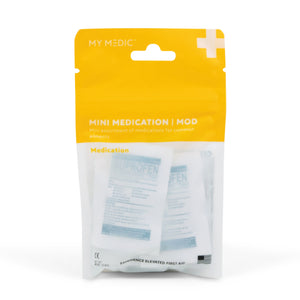 MEDICATION
MEDICATION
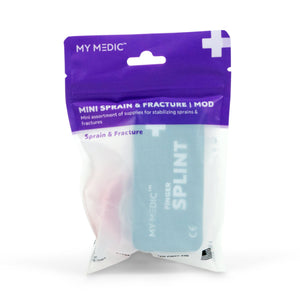 SPRAIN & FRACTURE
SPRAIN & FRACTURE
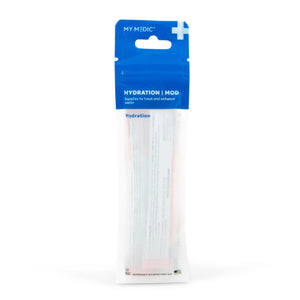 HYDRATION
HYDRATION
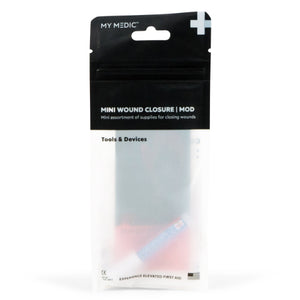 TOOLS & DEVICES
TOOLS & DEVICES
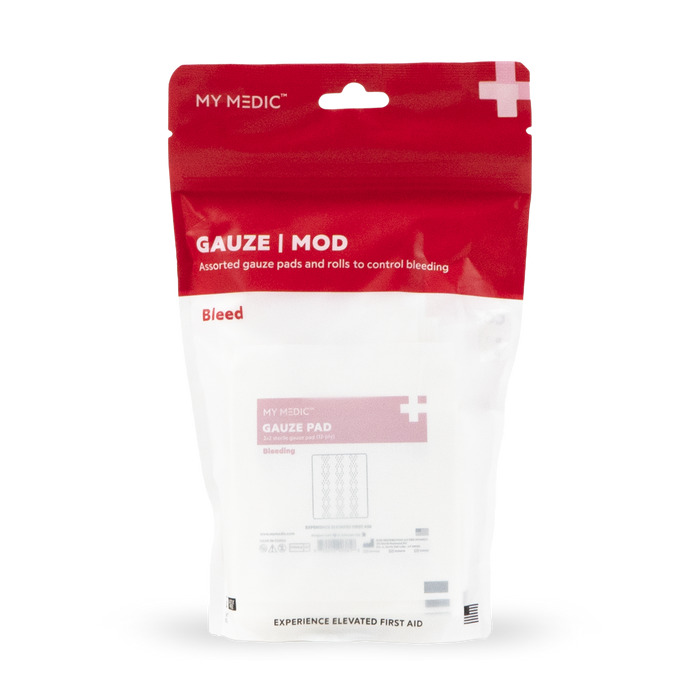
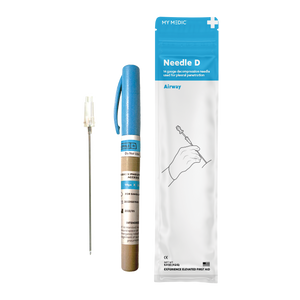 Supply Categories
Supply Categories
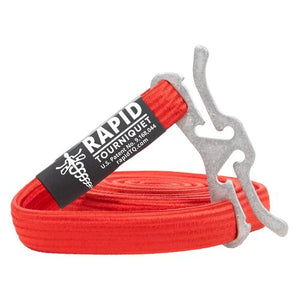 Top Sellers
Top Sellers
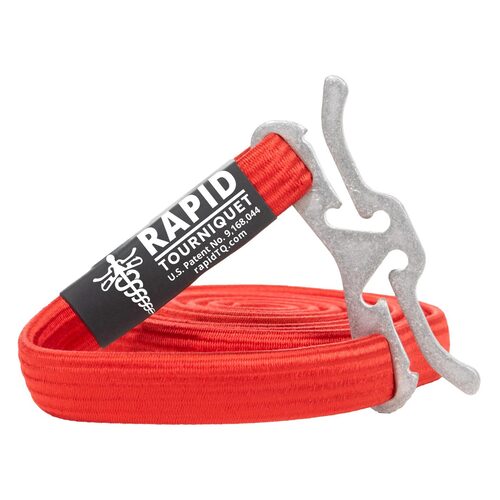





Leave a comment